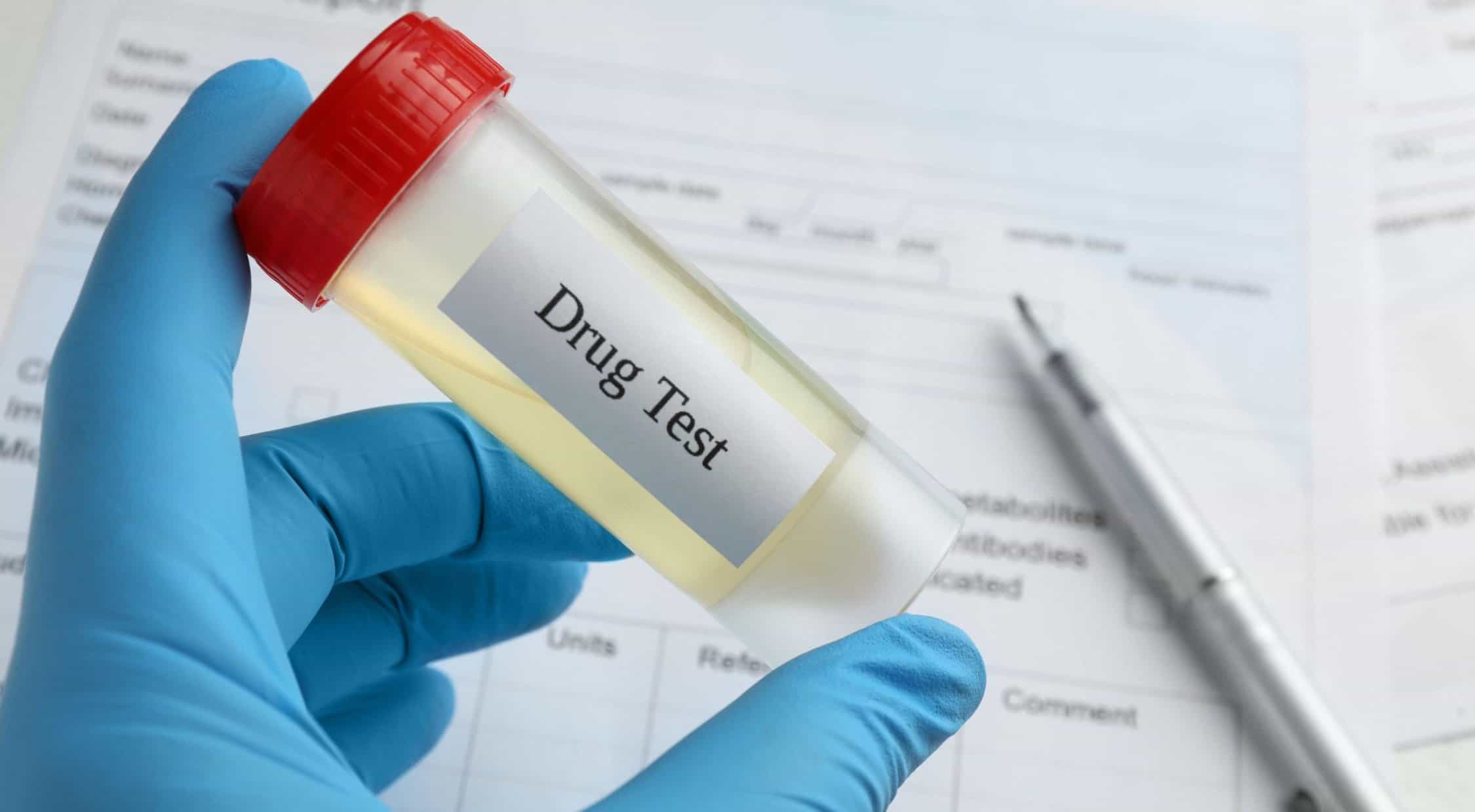Understanding Delta 8 THC
Delta 8 THC is a psychoactive compound found in cannabis plants. It is an isomer of Delta 9 THC, the primary psychoactive substance in marijuana. Delta 8 THC has a similar chemical structure to Delta 9 THC, but with a slight difference in the arrangement of the atomic bonds.
Delta 8 THC is known to produce milder psychoactive effects compared to Delta 9 THC. It interacts with the body’s endocannabinoid system, which regulates various physiological processes. Delta 8 THC may offer potential therapeutic benefits, such as pain relief and reduced anxiety, but research is still ongoing to fully understand its effects and applications.
Potential Applications and Uses of Delta 8 THC
Some individuals report using Delta 8 THC for various purposes, such as managing chronic pain, reducing nausea, and stimulating appetite. However, it is crucial to note that the research on Delta 8 THC is limited, and its long-term effects are not yet fully understood. Consulting with a healthcare professional is advisable before incorporating Delta 8 into your wellness routine.
The legal status of Delta 8 THC is complex and varies across different jurisdictions. While it is federally legal in the United States due to its derivation from hemp under the 2018 Farm Bill, some states have implemented regulations or restrictions on its production, distribution, and possession. It is essential to stay informed about the relevant laws and regulations in your area.
How is Delta 8 Processed in the Body?
When Delta 8 THC is consumed, the body metabolizes it through various processes. Understanding how the body breaks down and eliminates Delta 8 is crucial for comprehending its potential detection in drug tests.
Delta 8 THC can be consumed through different methods, such as inhalation, ingestion, or sublingual administration. Once in the body, it is absorbed into the bloodstream and metabolized by enzymes in the liver. The liver converts Delta 8 THC into various metabolites, including 11-hydroxy-THC and THC-COOH.
Delta 8 THC interacts with the body’s endocannabinoid system, which plays a role in regulating mood, pain perception, appetite, and other physiological functions. It binds to cannabinoid receptors, primarily CB1 and CB2, although with a lower affinity compared to Delta 9 THC. This interaction contributes to the psychoactive effects and potential therapeutic benefits associated with Delta 8.
How Long Does Delta 8 Stay in Your System?
The duration of Delta 8 THC’s presence in an individual’s system can vary based on several factors. Understanding the detection window is crucial for those who may undergo drug testing.
The length of time Delta 8 THC remains detectable in the body depends on factors such as the frequency and amount of use, individual metabolism, body fat percentage, and hydration levels. Chronic or heavy use of Delta 8 products can lead to a longer detection window compared to infrequent or low-dose consumption.
Does Delta 8 Show Up on Drug Tests?
The detection window for Delta 8 THC varies depending on the specific drug testing method employed. Urine tests, the most standard drug tests, can typically detect Delta 8 metabolites for several days or up to a week after last use. Blood tests have a shorter detection window than urine testing, usually a few hours to a couple of days. Hair tests, while less common, can detect Delta 8 use for up to 90 days.
Factors Influencing Delta 8 in Drug Testing
The likelihood of Delta 8 THC being detected in a drug test depends on several factors, including the dosage consumed, frequency of use, individual metabolism, and the specific drug testing methods employed. Higher doses and more frequent use increase the chances of a positive drug test result.
Interpreting Delta 8 THC Drug Test Results
Interpreting drug test results for Delta 8 THC can be complex. A positive result may indicate the presence of THC metabolites but does not necessarily confirm impairment or the use of a controlled substance. Consulting with a health care professional or toxicology expert can provide guidance on interpreting test results accurately.
Legal Implications of a Positive Drug Test
The legal implications of a positive drug test for Delta 8 THC vary depending on the specific circumstances and jurisdiction. While Delta 8 is federally legal under the 2018 Farm Bill, some states have implemented their own regulations or restrictions. It is crucial to be aware of local laws and potential consequences, such as employment or legal issues, associated with a failed drug test.
Can You Detox from Delta 8 Before a Drug Test?
If you have an upcoming drug test and are concerned about the presence of Delta 8 THC in your system, you may wonder if detoxing is an option. While there is no guaranteed method to completely eliminate Delta 8 from your body, certain strategies may help support the detoxification process.
Abstaining from Delta 8 THC Use
The most effective way to detox from Delta 8 is to abstain from using any Delta 8 products for a sufficient period before the drug test. The length of time required for Delta 8 to be undetectable in your system varies based on individual factors, but generally, the longer you abstain, the higher the chances of passing the test.
Supporting Your Body’s Natural Detoxification Processes
Engaging in practices that support your body’s natural detoxification mechanisms can aid in the elimination of Delta 8 metabolites. Staying well-hydrated by drinking plenty of water helps flush out toxins. Maintaining a balanced diet rich in fruits, vegetables, and lean proteins provides essential nutrients for optimal liver function. Regular exercise promotes circulation and sweating, which can assist in eliminating stored THC compounds.
Considering Detox Products and Methods
There are various detox products and methods marketed as solutions for passing drug tests, such as detox drinks, supplements, and kits. However, the effectiveness of these products is not scientifically proven, and they may come with potential risks. It is advisable to approach such products with caution and consult with a healthcare professional before using them.
Can You Use Delta 8 and Still Pass a Drug Test?
Using Delta 8 THC and passing a drug test can be challenging, as Delta 8 can trigger a positive result on tests designed to detect THC. The likelihood of passing a drug test while using Delta 8 depends on several factors, including the frequency and amount of use, individual metabolism, and the specific testing method employed.
Factors Influencing the Ability to Pass a Drug Test
Infrequent or low-dose use of Delta 8 may have a lower chance of triggering a positive drug test compared to chronic or heavy use. Individual metabolism plays a significant role, as some people may eliminate Delta 8 from their system more quickly than others. The type of drug test also matters, with a urine test having a longer detection window compared to blood or saliva tests.
Strategies for Increasing the Chances of Passing a Drug Test
To increase the likelihood of passing a drug test while using Delta 8, it is advisable to abstain from use for a sufficient period before the test.
The longer the abstinence period, the higher the chances of a negative result. Staying hydrated, maintaining a healthy lifestyle, and considering detox methods may also support the body’s natural elimination processes.
Risks and Considerations
It is important to note that using Delta and relying on strategies to pass a drug test comes with inherent risks. Drug tests are designed to detect the presence of THC and its metabolites, and attempting to manipulate the results may have legal or professional consequences.
It is always best to prioritize open communication and adhere to the policies and guidelines set by employers or relevant authorities.
Can You Contest a False Positive Result?
A false positive occurs when the test incorrectly indicates the presence of THC metabolites, even though the person has not used Delta or any other THC-containing substance. When you test positive and believe you have received a false positive result, you may have options to contest it.
If you suspect a false result, you can request a confirmatory test, which typically involves a more precise testing method, such as gas chromatography/mass spectrometry (GC/MS). This advanced analysis can differentiate between Delta THC and other compounds that may cross-react and cause a false positive. Confirmatory tests provide a higher level of accuracy and can help rule out false positives.
In some cases, providing documentation or evidence that supports your claim of a false result can be helpful. This may include medical records indicating the use of medications that could potentially interfere with drug tests or proof of purchase and consumption of hemp-derived products that are legally compliant and should not trigger a positive result.
Safety Precautions and Responsible Use
When considering the use of Delta THC products, prioritizing safety and responsible consumption is paramount. Delta 8 is a psychoactive substance that can produce effects similar to Delta 9 THC, although typically milder. It is important to approach it with caution and be aware of potential risks and side effects.
Start Addiction Treatment for Delta 8 Abuse
If you are struggling with substance abuse, Elevate Recovery Center offers comprehensive inpatient and outpatient programs to help you overcome addiction. Our individualized treatment plans incorporate evidence-based therapies such as individual counseling, group therapy, and medication-assisted treatment to address the underlying causes of substance use disorders.
We also provide support for co-occurring mental health conditions through our dual diagnosis program. At our drug and alcohol rehab in Massachusetts, we have a compassionate team dedicated to guiding you on the path to lasting recovery. Contact us at (877) 592-2102 or through our online form to learn more about our addiction treatment services and begin your journey towards a healthier, substance-free life.



